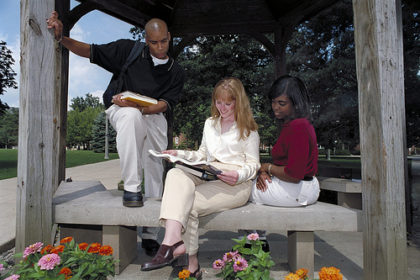We like to share what we call "snapshots" from time to time, brief reflections from a particular moment of the year in the life of an ESN author or member. We hope these glimpses of God's work in the lives of fellow academics are encouraging to early career scholars as they navigate the calendar of the academic year and the everyday calling of following Christ in their work and lives. Today we share some thoughts on the end of summer by literature professor Angela O'Neal. You can read her previous posts here. … [Read more...] about In June or January: The Myth of Summertime (Summer Snapshot 2018)
humanities
Humanities at ESN This Fall: What Do You Want to See?
Dear ESN blog readers, We're so glad you're here, and we're interested in connecting more with you. One way we want to do that is gathering reader suggestions for our content in various areas this fall. Today, we'd love to hear your thoughts on our fall humanities coverage. Here are a few things we're considering: … [Read more...] about Humanities at ESN This Fall: What Do You Want to See?
Teaching As Relationship (Teaching Tips)
ESN continues its Spring 2017 series on Teaching Tips with this post by history graduate student Joshua Shiver. See his other work for the blog here. Last summer I was given the opportunity to teach my first college-level class: a senior-level lecture course on the history of the American Civil War and Reconstruction. I frankly wasn't that nervous and I went into the course thinking that my job consisted of a simple two-step process where I simply downloaded information into my students' brains and then … [Read more...] about Teaching As Relationship (Teaching Tips)
Academic rigor springing from faith
http://vimeo.com/17784162 Faculty Stories - Austin Busch offers a taste of academic rigor springing from the faith of and being shared by an Associate Professor of Early World Literature at SUNY Brockport, even when looking at the Bible. To God be the glory! … [Read more...] about Academic rigor springing from faith
Time to “Uncover”
http://vimeo.com/22363437 InterVarsity Alum: Dr. Lendol Calder on "Uncoverage" is an apt video for us as we begin a new term, asking ourselves how we dialog (dare I even say provide a framework for studies in a particular discipline) and learn from (or even teach as) "the experts". Yes, I think this perspective is applicable beyond the field of history :) Stay tuned . . . … [Read more...] about Time to “Uncover”




